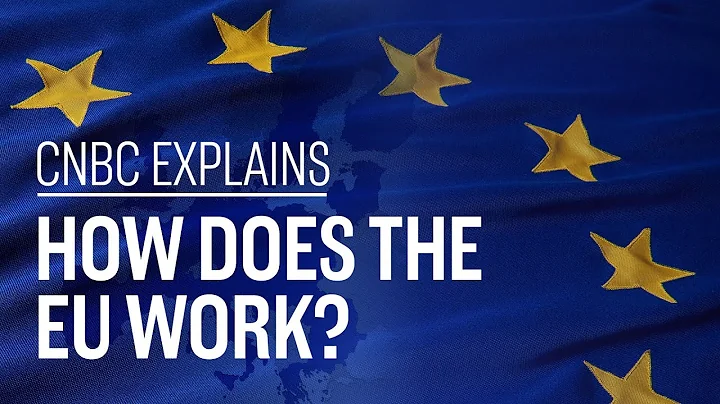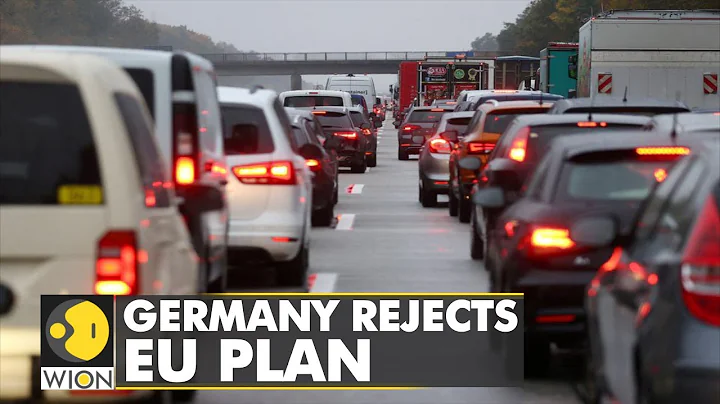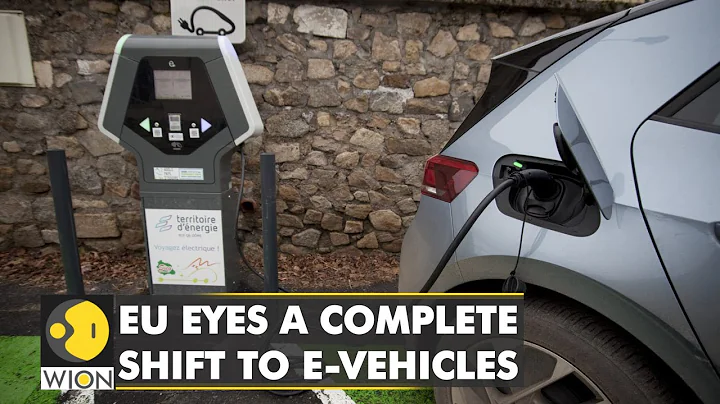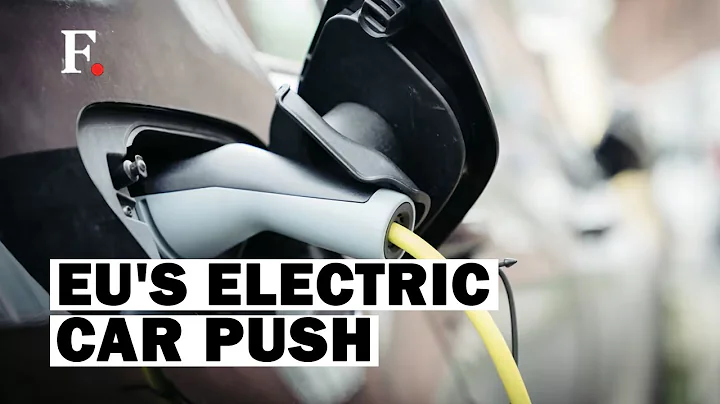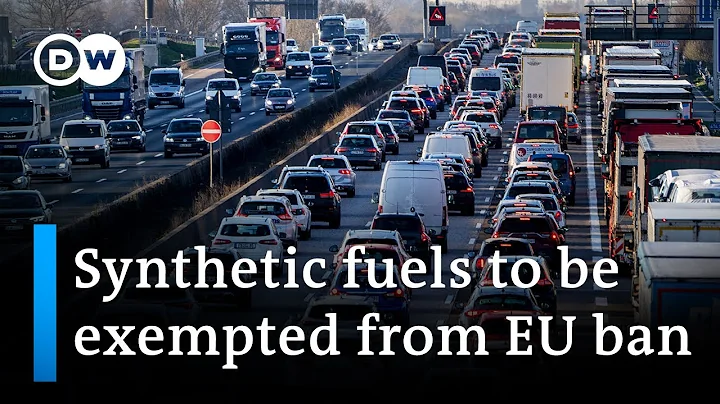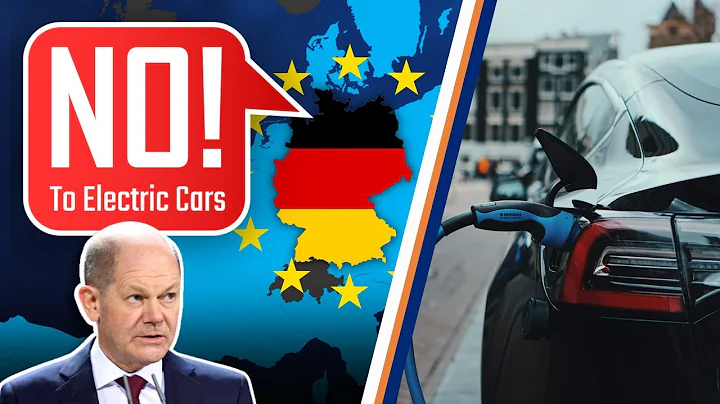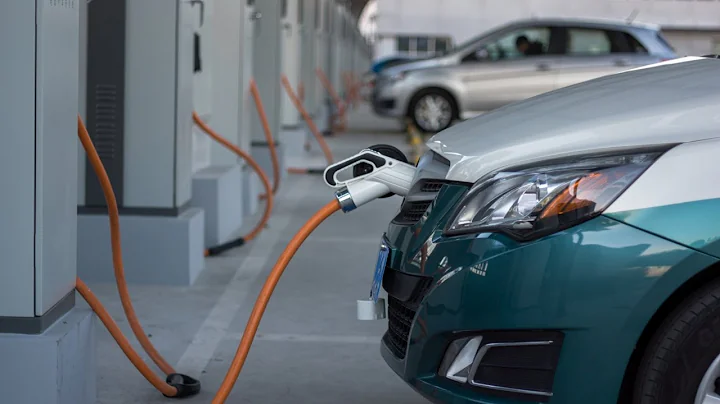Not long ago, the European Parliament passed a resolution supporting the European Commission’s plan to ban the sale of fuel vehicles in 2035. However, the voting results of the European Parliament do not mean the adoption of relevant laws. The ban requires the unanimous approval of EU member states before the legislation can take effect. As the European economic leader, Germany has raised objections to this bill. Following the previous public announcement by the Minister of Transport, After opposing this bill, German Finance Minister Lindner also expressed his opposition in recent days.

Fuel vehicles
On Tuesday, local time, Lindner said in an interview with the German Industry Association that Germany will not agree to the plan to ban the sale of fuel vehicles in the EU in 2035. Fuel vehicles will continue to have a niche market, so the ban is wrong. . Lindner's remarks may be to ease the nervousness of Germany's huge automobile industry and many automobile suppliers. Although many car companies have previously stated that they are ready for relevant transformations, if the bill is finally passed by various countries, it will inevitably have a major impact on many European car companies, and Germany, as a major automobile country, will also bear the brunt.

German Finance Minister Lindner
Lindner is not the first senior German government official to stand up against this bill. Prior to this, German Transport Minister Volker Wessing had also publicly expressed his opposition to this proposal. In his opinion, it is obviously unrealistic and unscientific to "kill" the internal combustion engine with one stick. There are still many jobs that rely on internal combustion engines. In his view, using synthetic fuels to reduce emissions is one of the most feasible options currently. German Automobile Industry Association Chairman Muller believes that Europe does not have enough charging infrastructure to support this ban. Forcibly promoting the combustion ban will only increase consumer costs and put consumer confidence at risk.

German Transport Minister Volker Wessing
In addition to Germany, other countries with similar industries are also resisting the EU's measures. Senior officials in the French, Czech and Italian governments have all said they oppose a blanket ban, citing the potential economic damage as the deadline approaches. Germany, France and Italy are the three largest economies in the EU and are also the regions with the most developed automotive industry in Europe.
